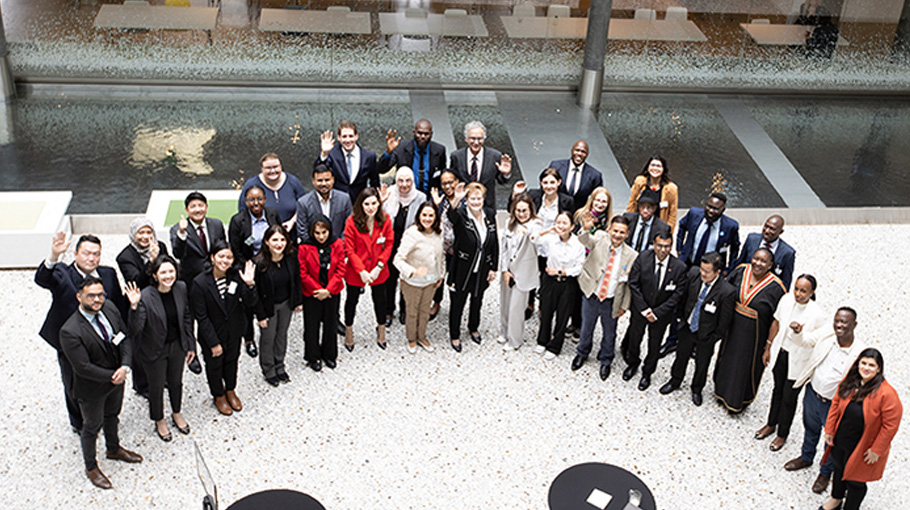WIPO-WTO executive programme on IP issues ends in Geneva

The inaugural WIPO-WTO Executive Program on Intellectual Property (IP) Issues, jointly organized by the World Intellectual Property Organization (WIPO) and the WTO, concluded on 14 June in Geneva.
This two-week event marked a significant milestone in international IP dialogue, bringing together 30 senior IP officials from developing economies and least-developed countries to share national perspectives and explore IP as a vital public policy tool.
Participants were welcomed by WIPO Deputy Director General Lisa Jorgenson and WTO Deputy Director-General Johanna Hill. Both underscored the importance of capacity-building initiatives jointly supported by both organizations.
DDG Hill noted: “We recently marked the 30th anniversary of the establishment of the WTO, and with it the 30th anniversary of the WTO Agreement on Trade-Related Aspects of Intellectual Property Rights, the TRIPS Agreement. In doing so, we recognized the enormous efforts undertaken — especially by developing countries — since the inception of the TRIPS Agreement, to build, modernize, and reform the legislative, administrative and enforcement foundations of their IP systems. WIPO has been an indispensable partner in that endeavour.”
The programme's timing was particularly significant, aligning with the recent conclusion of a groundbreaking new Treaty on IP, genetic resources and taditional knowledge by WIPO member states on 24 May 2024. Sessions in the Executive Programme spotlighted this recent development and provided participants an opportunity to put questions to experts from WIPO and the WTO, and to explore the wider policy implications of the new treaty, both at global and at the national level.
Participants engaged in a comprehensive curriculum featuring the latest developments in patent law, digital copyright, generative artificial intelligence (AI), sustainable development, trademarks, design law, geographical indications and IP rights enforcement.




